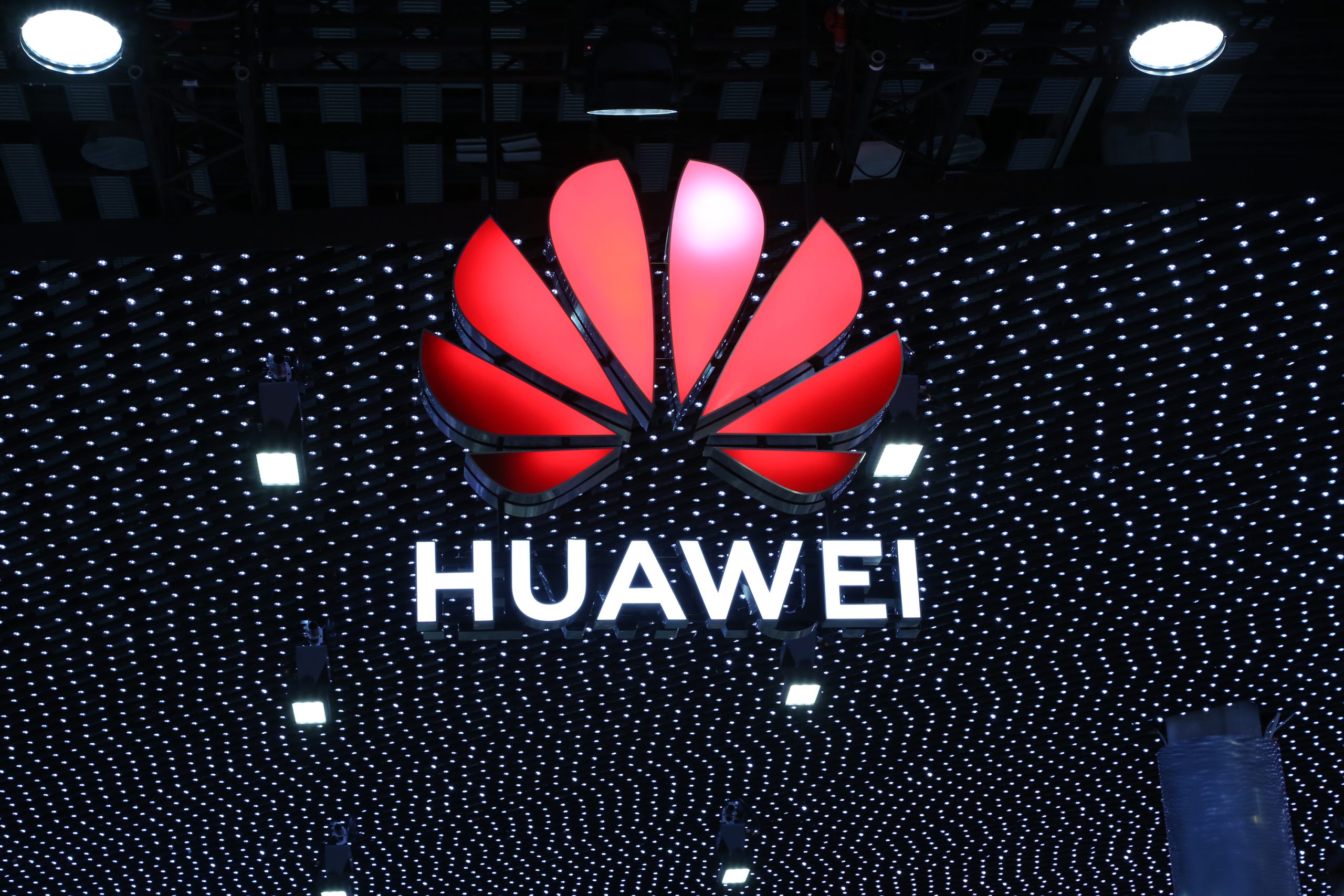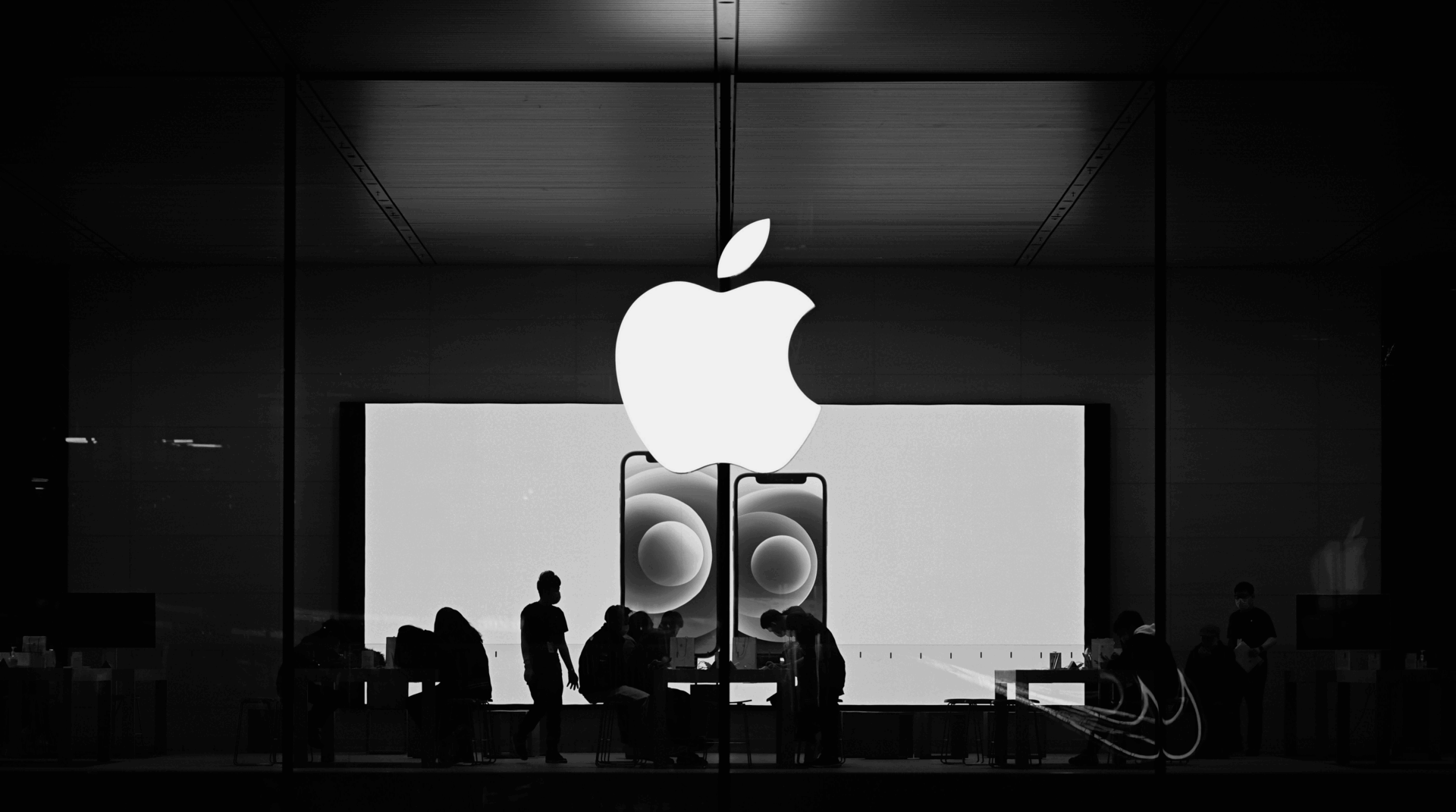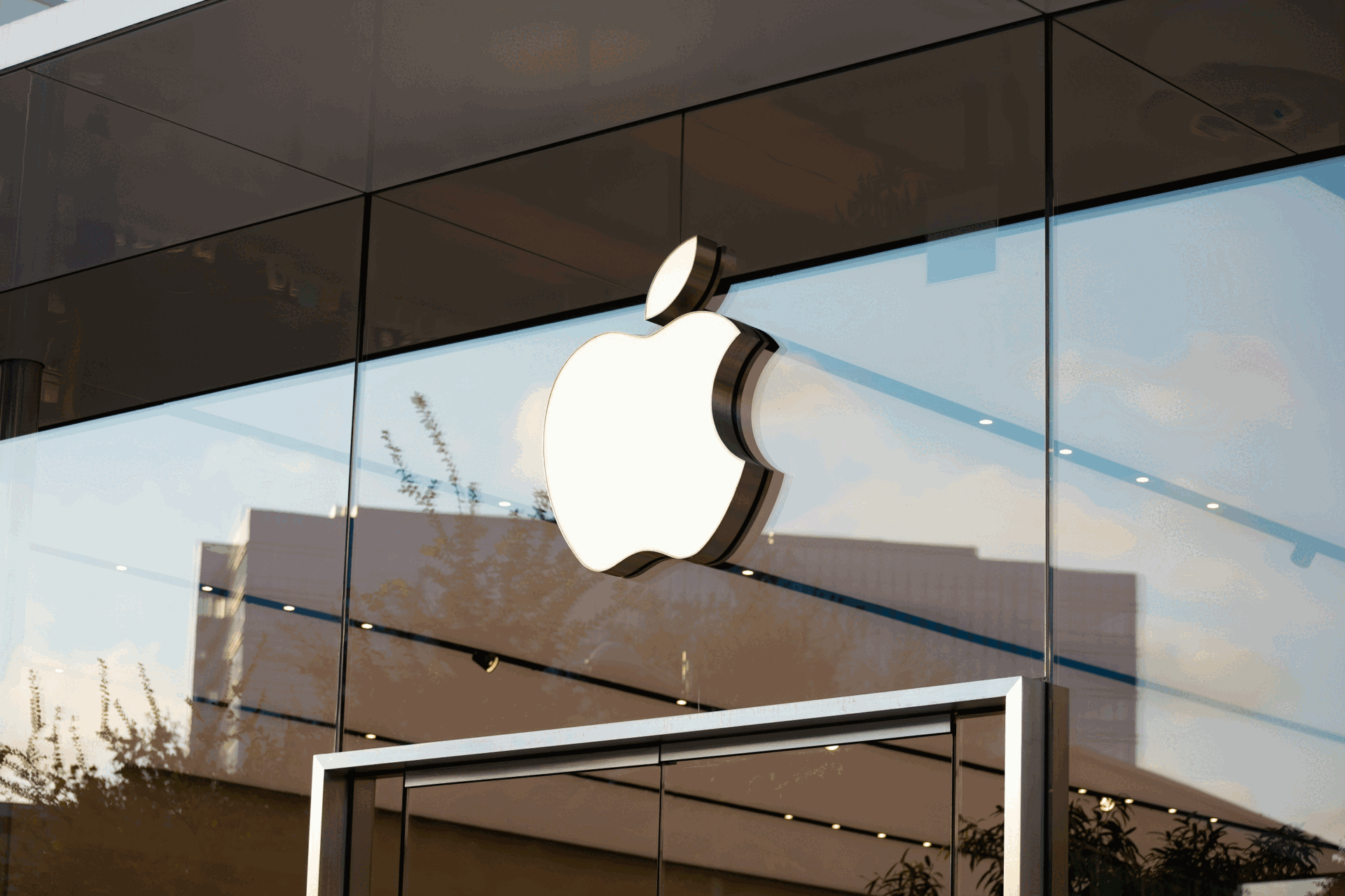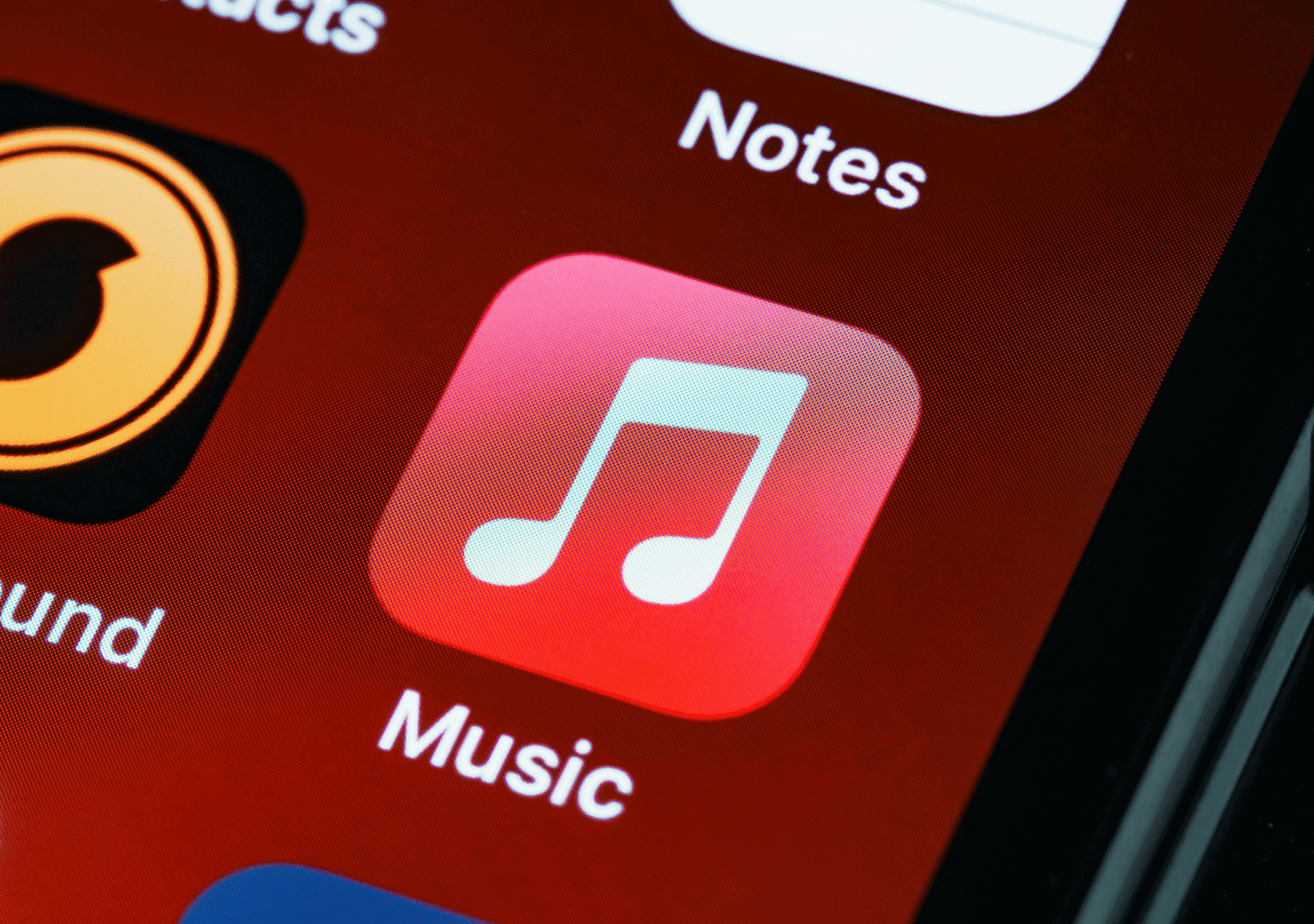Has Apple Just Changed the Mobile Payments Game Forever?
- Tuesday, September 9th, 2014
- Share this article:
 Among the considerable fireworks of yesterdays Apple launch event was the news that the iPhone 6 and 6 Plus (along with the new Apple Watch) would include a NFC antenna, and that Apple was finally entering the mobile payments market.
Among the considerable fireworks of yesterdays Apple launch event was the news that the iPhone 6 and 6 Plus (along with the new Apple Watch) would include a NFC antenna, and that Apple was finally entering the mobile payments market.
NFC technology has been included in Android phones for over four years, and has cropped up in mobile designs for almost ten years, but has struggled to make a significant impact on peoples day-to-day lives in the way other innovations such as Bluetooth have. Along with QR codes, NFC has at times felt like the unloved step-child of the mobile industry, quickly headed towards obsolescence. However, Apples adoption of the technology may be the tipping point in how NFC is adopted.
Contactless payment using NFC tech in mobiles has been on the rise for several years now, with brands such as McDonalds and TfL introducing it to their services, and MasterCard promoting the system at the Rugby World Cup. However, worries about security and how data would be used have held the system back from being widely adopted.
Apple addressed both these issues during its event, arguing that mobile payments helped eliminate the most common element in fraud – the human factor. “When youre using Apple Pay in a store, restaurant or other merchant, cashiers will no longer see your name, credit card number or security code, helping to reduce the potential for fraud,” said Eddy Cue, senior vice president of Internet Software and Services at Apple. “Apple doesnt collect your purchase history, so we dont know what you bought, where you bought it or how much you paid for it.”
 While Android phones dominate the market globally, iPhones are typically used by wealthy, tech-savvy first adopters, and it may be this demographic who helps give mobile payments the boost it needs to become widespread. Juniper Researchs report on NFC payments earlier this year, which predicted contactless mobile payments would see 10bn transactions annually by 2018, cited Apples adoption of the technology as being a key disruptive factor that was likely to spur the technologys growth in the medium and long term.
While Android phones dominate the market globally, iPhones are typically used by wealthy, tech-savvy first adopters, and it may be this demographic who helps give mobile payments the boost it needs to become widespread. Juniper Researchs report on NFC payments earlier this year, which predicted contactless mobile payments would see 10bn transactions annually by 2018, cited Apples adoption of the technology as being a key disruptive factor that was likely to spur the technologys growth in the medium and long term.
“This is a big step forward,” said Neil Garner, CEO and founder of mobile payment specialist Proxama. “With Apple on board, NFC gets the final seal of approval it needs. Apples formidable strength is in convincing consumers that they need something, so in that regard its support of NFC is a turning point for worldwide consumer adoption.
“Mr Cooks observation that previous mobile payment platforms had failed because they did not focus on the customer experience is absolutely right: Apple Pays design interface and ease of use certainly helps this, but its all the other things beyond just payments that NFC technology offers to enhance consumers everyday lives.”
“Unlike all the other contenders motivations, this is about selling handsets by making them more useful, and it will help to drive payments as a facilitator for mobile commerce,” said Andrew Bud, chairman of global mobile trade association MEF. “Whether this will gain any traction outside the United States, in countries where NFC has not found a use beyond paying for sandwiches, is open to doubt.”
 NFCs other major use so far has been in out-of-home media, but Apples impact on the technology is large enough to be felt outside the mobile payments sphere. “Both the iPhone 6s NFC mobile wallet and the new Apple Watch offer huge potential to outdoor advertisers,” said Andrew Morley, CEO of out-of-home advertising firm Clear Channel UK.
NFCs other major use so far has been in out-of-home media, but Apples impact on the technology is large enough to be felt outside the mobile payments sphere. “Both the iPhone 6s NFC mobile wallet and the new Apple Watch offer huge potential to outdoor advertisers,” said Andrew Morley, CEO of out-of-home advertising firm Clear Channel UK.
“This will mean big brands getting behind a continued education and consumer awareness piece that will encourage people to experiment and use the technology when they see an opportunity…it could also offer a truly frictionless way to purchase goods and services on outdoor media.”
Apples move into the mobile payments market has been supported by major credit card companies such as American Express, MasterCard and Visa. Steve Perry, chief digital officer at Visa Europe, commented on the announcement of Apple Pay, saying: “Apples entry to the market represents a critical piece of the mobile payments jigsaw.
 “Visa Europe has led the rollout of NFC payments ever since we launched the first contactless cards and terminals in 2007. Apples decision to enter the market reflects the scale of opportunity that exists in digital payments today. Its support will drive awareness and usage of contactless services around the world – we anticipate a halo effect that will benefit all players in the mobile payments ecosystem.”
“Visa Europe has led the rollout of NFC payments ever since we launched the first contactless cards and terminals in 2007. Apples decision to enter the market reflects the scale of opportunity that exists in digital payments today. Its support will drive awareness and usage of contactless services around the world – we anticipate a halo effect that will benefit all players in the mobile payments ecosystem.”
While there is considerable debate about exactly what impact Apple Pay will have on the mobile payments market, and whether it will see NFC technology finally embraced by the mobile industry and public at large, no one can argue that it will have a considerable effect, or it has certainly got people talking about the future of mobile like only Apple can.

















